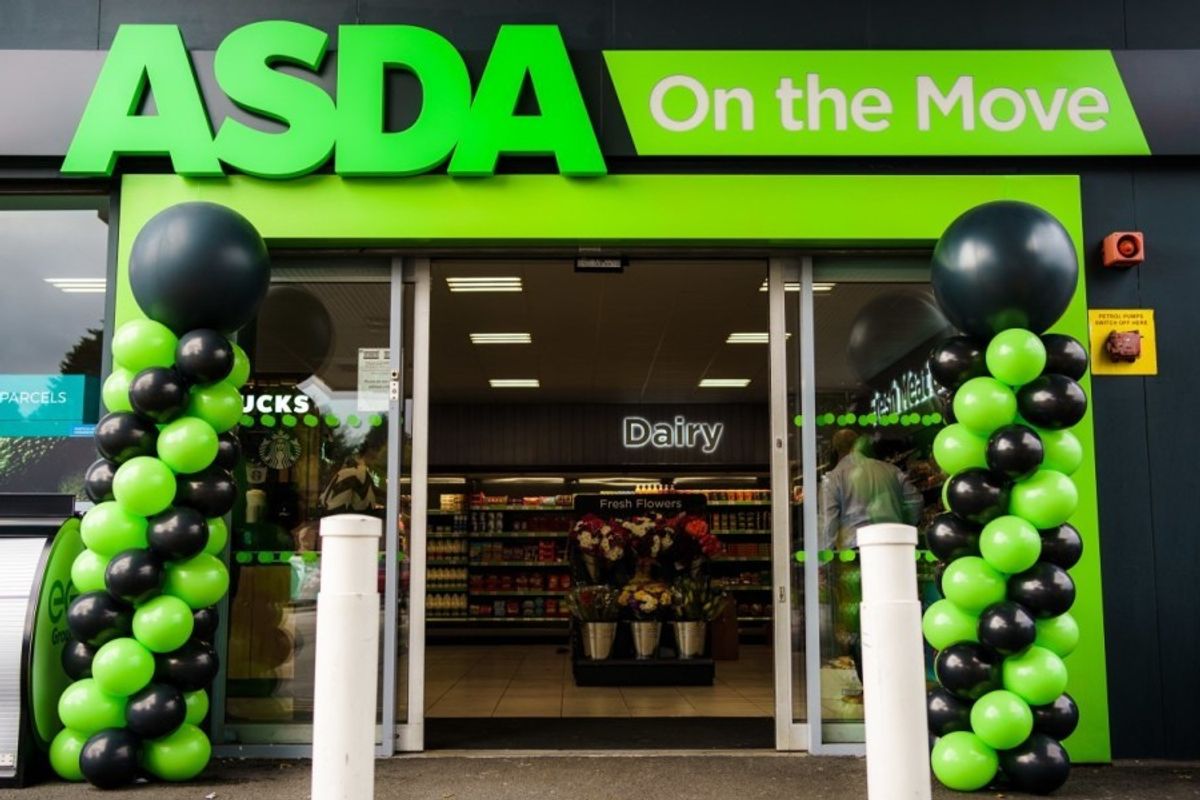Supermarket group Asda said on Tuesday it would acquire petrol station operator EG Group's UK and Ireland business for an enterprise value of £2.27 billion.
The deal will create a company with combined revenues of nearly £30 billion.
Asda, Britain's third-largest grocer, and EG are both owned by brothers Zuber and Mohsin Issa and private equity group TDR Capital.
“Asda is committed to saving customers precious time and money across their shopping baskets and on the forecourt. The combination of Asda and EG UK&I will be positive news for motorists, as we will be able to bring Asda’s highly competitive fuel offer to even more customers,” Mohsin Issa said.
Zuber Issa added: “This transaction with Asda represents an important strategic step for EG Group. Following this sale, EG Group will benefit from a significantly strengthened balance sheet, supporting the continued roll out of its successful convenience retail, fuel and foodservice strategy and drive innovation to transform the consumer experience. This includes the ongoing investment and expansion of our EV charging business, evpoint, as well as hydrogen and other sustainable fuel retail infrastructure, which we continue to see as a significant future opportunity.
“I am confident the UK&I business will go from strength to strength under Asda’s ownership. Over the last 22 years we have built a business that I am extremely proud of, and EG Group will continue to maintain an important base in the UK, supporting the global business from our home in Blackburn.”
Asda said it would acquire around 350 petrol stations and over 1,000 food-to-go locations in the deal, which is expected to close in the fourth quarter.
The supermarket said the acquisition will open up significant growth opportunities in the growing convenience and foodservice markets, building on the strategic partnership already in place with EG Group.
There have already been 166 EG sites successfully converted to ‘Asda on the Move’ which Asda said gives it the confidence in the conversion strategy integral to the expected synergies of the combination. As part of the transaction, all acquired EG UK&I sites will be brought under the Asda fascia.
Asda added that it plans to invest more than £150 million within the next three years to fully integrate the combined business.
As part of the transaction the shareholders are providing around £450 million of additional equity to fund the transaction, it said.
EG Group said the proceeds from the deal, together with the net proceeds of $1.4 billion from the recent sale and lease back transaction in the US, will be used to repay debt and the group's net leverage will fall to below 5 times, in line with the recently announced financial policy and deleveraging strategy.
EG Group will retain around 30 UK sites – including the first Euro Garages site in Bury – which are close to the group headquarters and frequently used to trial innovation. The Cooplands bakery business and certain other foodservice brands will also be retained.
Mohsin Issa will continue to lead Asda through its ongoing transformation programme and integration of the EG UK&I business.
He will be supported by Asda’s existing leadership team, which includes Michael Gleeson as Chief Financial Officer, who took up his post on 24 May, while the retailer commences search to appoint a new group CEO.
Asda also today reported strong like-for-like sales growth and market share gains from the traditional ‘big four’ competitors. Like-for like sales increased by 7.8 per cent in the three months to the end of March compared with the previous year, while total revenues excluding fuel increased by 8 per cent to £5 billion.


